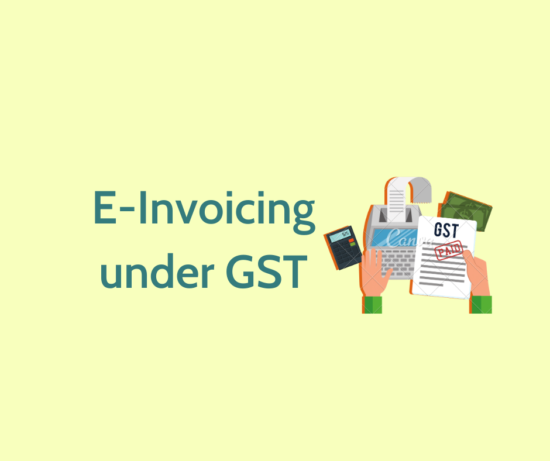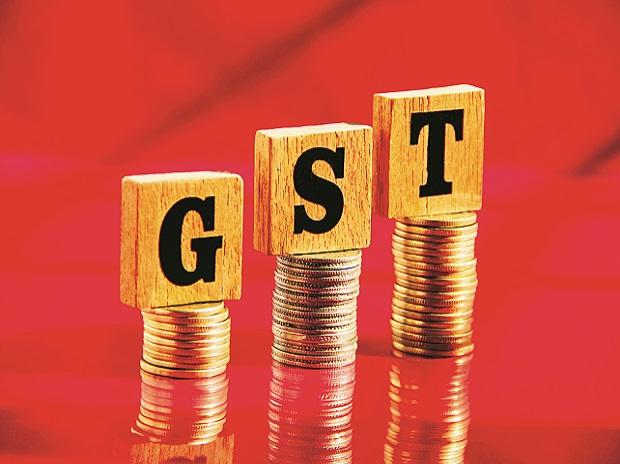As we know e-invoicing is mandatory w.e.f. 01.10.2020 for all taxpayers (other than insurer, banking company, financial institution, NBFC, GTA, supplier of passenger transportation service, multiplex screens and SEZ unit) having turnover in a financial year exceeding Rs 500 crore.
National Informatics Centre (NIC) which is authorised for managing the portal for e-invoicing called as Invoice Registration Portal, has made certain changes in the validations for E-invoicing and has accordingly released new Application Programming Interface (APIs) (version 1.03). These changes have been made based on feedback of the tax payers and to make the process of e-invoicing easy for the tax payers to comprehend.
Changes made in the new APIs:
The changes incorporated in the new APIs are as under:
- The following improvements have been made in the validations of Invoice Reference Number (IRN) generation:
- Document Number accepts alphabets in small cases.
- Check “The Document Date can be yesterday or today’s date” has been withdrawn.
- In case, Recipient is SEZ unit or SEZ developer, the ‘Bill to’ State code should match with the state code of the Recipient.
- In case of export transactions for goods, if e-way bill is required along with IRN, then the ‘Ship-To’ address should be of the address of the place/port in India from where the goods are being exported. Otherwise E-way bill can be generated later based on IRN, by passing the ‘Ship-To’ address as the address of the place/port of India from where the goods are being exported.
- Check “Gross Amount of Item = Quantity X Selling Unit Price” has been withdrawn temporarily.
- The round-off value can be between -99.99 and +99.99
- The distance of transportation is validated against the auto-calculated PIN-PIN distance stored in the system. The allowed distance for transportation should be between +/- 10 % of auto-calculated PIN-PIN distance.
- If the distance of transportation is passed as 0 (zero), then the system will consider it as request made by the tax payer, to consider the auto-calculated PIN-PIN distance for the generation of e-way bill and generate the e-way bill along with IRN.
- The actual distance has to be passed in case the source and destination PIN codes are same and the allowed range of value is from 1 to 100.
- In case of export of goods, if e-way bill has to be generated, then the address of port should have been passed as shipping address during generation of IRN.
- Tolerance limit for ‘Passed value / amount’ has been improved by setting the value between actual calculated value / amount and calculated value / amount rounded up to next rupee.
It may be noted here that IRN is a unique number (also known as hash) generated by the Invoice Registration Portal (IRP) using a hash generation algorithm, under the e-invoicing system. For every document such as an invoice or debit or credit note to be submitted on the Invoice Registration Portal, a 64 character invoice reference number shall be generated.
This number shall be unique for every invoice raised in a financial year by a GSTIN in the entire GST system. Further, every invoice being issued by supplier to his recipient must contain the IRN.
The tax officers can verify the genuineness of the transaction using invoice reference number through the central portal as well as an offline app. It will, in turn, help them check the invoice even where internet may not be accessible.
2. Auto calculated PIN-PIN distance is passed in the attribute ‘Remarks’ in the response payload, if the request has been made to get the auto calculated PIN-PIN distance for e-way bill generation.
3. ‘Cancel IRN’ API can be used to cancel the IRN within 24 hours of generation of IRN.
***
[rainbow]Don’t miss the next GST Update / Article / Judicial pronouncement[/rainbow]
Subscribe to our newsletter from FREE to stay updated on GST Law





Good to know the details of w invoicing.